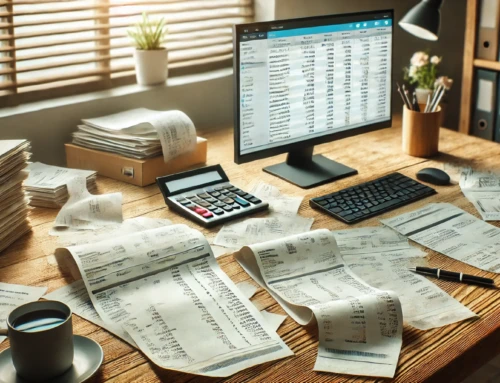Many business owners build their businesses up with the aim of, at some point in the future, selling.
If this sounds like you, or is something you would like to think about, there are several considerations that you need to take into account. Reviewing these now will help make your business more saleable and will make the process easier when the time comes.
- Is it ready to sell?
Would you buy a business that you anticipate will completely fall apart as soon as the owner leaves? Probably not! You, therefore, need to be sure that your business runs without you for your prospective buyers.
Extracting yourself from the business and replacing the void with people and systems is one way to increase the value and likelihood that your business will sell.
- Do you want to continue to work in the business after you sell it?
Many deals will require you to do a handover period – the less you are involved in the day to day running of the business, the less this time will be. If you don’t want to work in the business at all, then consider point 1 and work towards completely removing yourself.
- Is your business lean?
If you are preparing to sell, make sure you have dealt with any inefficiencies that exist in the business. Consider your staff, your premises and anything else that is inefficient that would be a problem should someone else take over.
Don’t go too mad because the new buyer often likes to see that they can improve things and see the areas where they can add value, but just get rid of the worst ones.
- Get your finances straight
The clearer your management information is the better – make sure you use a product like Xero and make sure it’s up to date. Whilst you are there, resolve any HMRC issues you have and make sure you are never late with tax or tax returns.
- Be prepared for a slow process
If you have ever sold a house you know how frustrating that can be – selling a business takes this to another level. If your business was marketed and sold in a year, then it would be considered a fast sale.
- Consider what it is that you are selling
Are you selling the shares of the business or the trade and assets? The former is cleaner and easier, and the latter leaves you with the company. The sales of shares is often more tax efficient for the seller.
- Don’t forget the 3rd Parties
If you are selling and you have leases in the business, or you are part of some regulation that requires consent before you sell, then get this early. It could cause a deal to fall through.
- Understand how you are taxed
Tax depends on many factors but, broadly speaking, sales of shares in a trading company attract a 10% tax on the gain through entrepreneur’s relief. Most small business owners pay nothing for their initial shares and therefore this normally equates to a 10% tax on the sale price.
- What about the cash in the business?
The cash in the business is often an issue, so the normal way of extracting this is by adding it to the asking price for the business or taking it as a pre-sale dividend.
- Consider what life will be like after you sell
Do you want to sell at all? Your business may be giving you a purpose in life and the thought of a couple of million in the bank is great, but what will you do with your time?
Often when you sell you won’t be able to run a similar business for a number of years. If the business formed a big part of your life do you really want out?
If you are considering selling your business and would like assistance, or would just like to discuss how to make your business more efficient, introduce systems or any of the other factors discussed here, please contact us. Email info@accsysltd.co.uk or call 01622 671835






